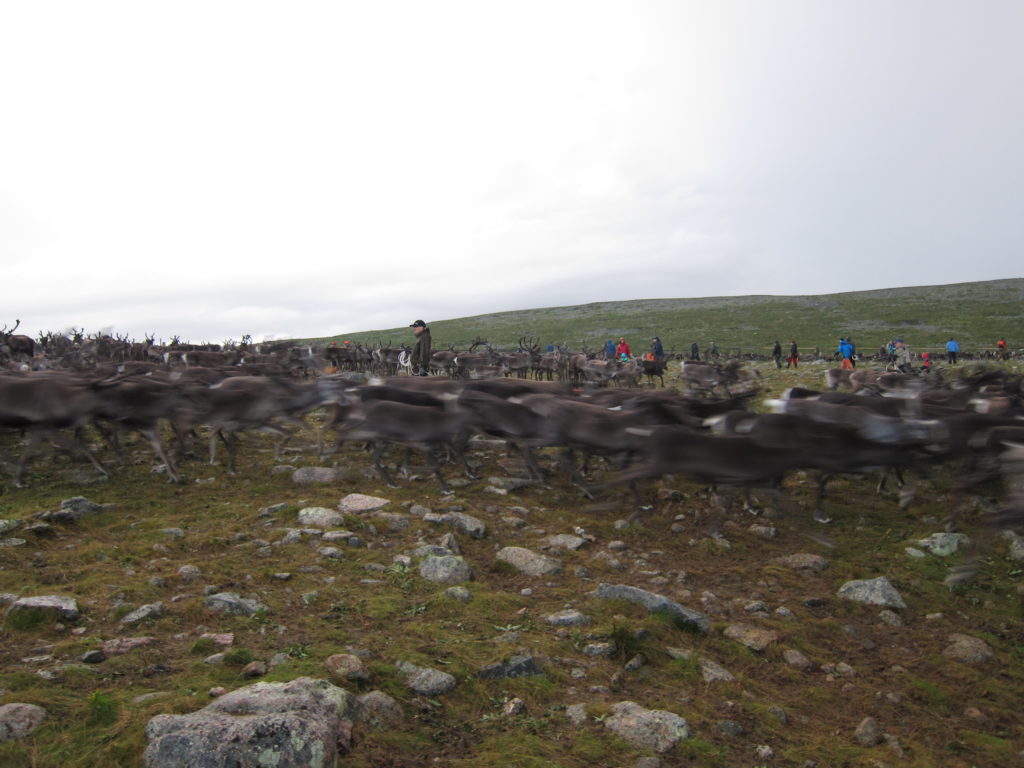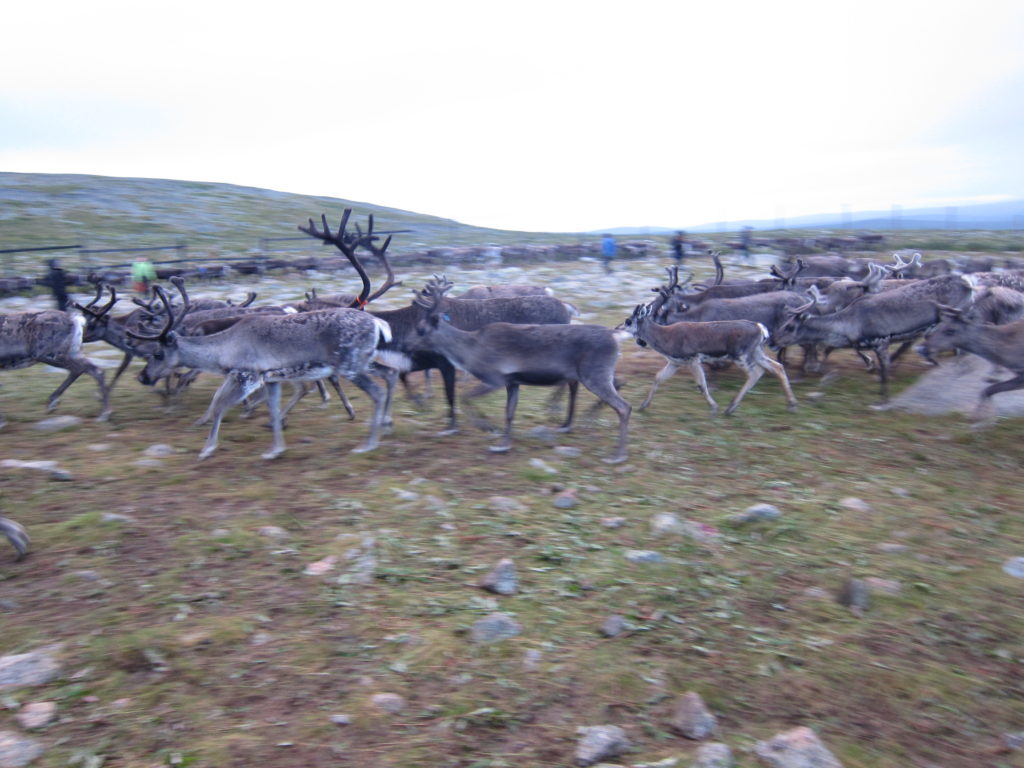Sweden’s new mental health strategy will include Sámi for the first time
Sámi mental health has never been specifically addressed in Sweden's national strategy, despite higher rates of mental health issues among Arctic Indigenous communities.

The Swedish government recently announced it will update its national strategy for suicide prevention and the promotion of good mental health, and for the first time, Sámi perspectives will be included, said Jon Petter Anders Stoor, a mental health researcher.
Officials allocated funding for the Sámi parliament to participate in developing the strategy, Stoor said, along with about 20 other organizations and offices in Sweden.
Lena Hallengren, Sweden’s Minister for Health and Social Affairs, called mental health “the great public health challenge of our time.”
But Sámi mental health has never been specifically addressed in the national strategy, despite higher rates of mental health issues among Sweden’s Indigenous communities.
“This is certainly a first,” Stoor told ArcticToday.
Including Sámi perspectives in the new suicide prevention plan “represents a shift in Swedish health policy and a leap forward for Sámi, albeit from a dire starting point,” Stoor said.
The Sámi, like many other Indigenous peoples, have suffered disproportionately from suicide, not just in Sweden but across Norway, Finland, and likely Russia as well.
About half of Swedish Sámi reindeer herders suffer from anxiety and depression, and one in three young herders have seriously thought about or attempted suicide — a rate twice as high as other Swedes. Young men are particularly at risk.
The Sámi Parliament recently adopted a new policy for health that also include the need for suicide prevention among the Sámi, Stoor said.
In February, Finland also announced a new strategy for mental health for the next decade. However, it does not mention Sámi mental health specifically, instead noting that a separate strategy for Sámi communities was developed in 2017 by the Norwegian National Advisory Unit on Mental Health and Substance Use (SANKS) and Sámi Council.
“As an Indigenous people, the Sámi have an internationally acknowledged right to self-determination which also includes health-related issues such as how to address and prevent suicide,” Stoor told ArcticToday.
While Sweden has a reputation for protecting the rights of minorities, including recognizing the Sámi as an Indigenous people in the 1970s, progress has stalled since then. “Sweden has failed to turn words into action,” Stoor said.

Nordic countries are very egalitarian, he said, which is usually a positive force when it comes to health. However, these same values can become an obstacle when equality is equated with similarity, Stoor said, and cultural differences are overlooked or forced into assimilation.
“I mean, a broken leg is a broken leg regardless if the individual suffering it is Sámi or Swedish, and usually there is actually a best way of fixing it,” Stoor said. “But when it comes to mental health, including suicidal behavior, that is not as easy — as my research has shown.”
In Norway, the Sámi frequently face discrimination and miscommunication in the health system, including mental health, even though health equality is a guaranteed right.
According to a recent report on culturally adapted mental health services from the University of Tromsø’s Arctic University of Norway and the Finnmark Hospital Trust, it’s important for mental health practitioners not to exoticize or “other” the Sámi, since “contemporary Sami societies are as complex and diverse as other societies.”
However, acknowledging the existing disparities in the accessibility and effectiveness of mental health care can begin to bridge some of those gaps.
Culturally sensitive care, the researchers in Norway found, means acknowledging these disparities while not furthering stereotypes and inaccurate assumptions of what it means to be Sámi. While the researchers say mental health providers are eager to provide culturally appropriate care, they need better guidelines on the best ways to do so.
“Knowledge about Sami culture and societies in general serves as contextual knowledge but not as a truth explaining individual patients’ behavior and needs,” the report’s authors write.
Understanding that context can be key for developing effective mental health and suicide prevention strategies among the Arctic’s Indigenous peoples, Stoor said.
The Sámi, for instance, tend to understand suicide and suicidal behavior in a more holistic and perhaps less individualistic way, he said. “What good is treating the individual when it is the context that is to blame?”
As one reindeer herder said to him, “How do I explain that it is the continued expropriation and exploitation of the reindeers grazing lands that makes my mind sick?”
The new Swedish suicide prevention plan, and other similar policies, could benefit from incorporating holistic ways of thinking like this, Stoor said.
This story has been corrected to clarify that Swedish Sámi reindeer herders specifically experience higher rates of depression and anxiety; data on mental health among all Swedish Sámi is not complete.



